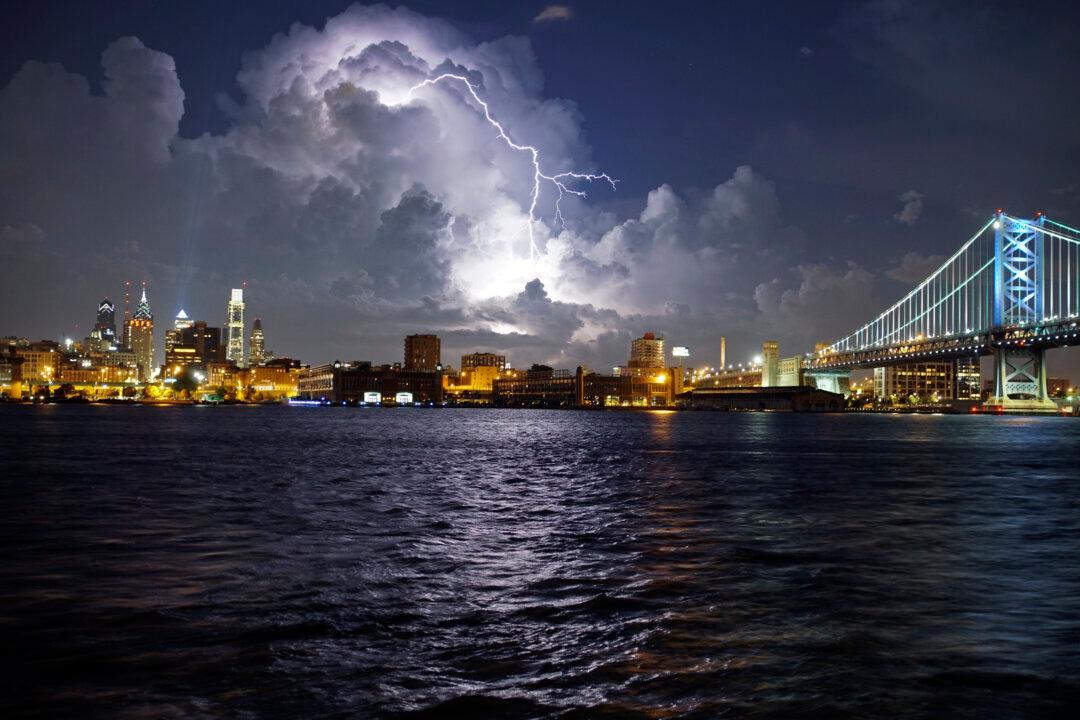The city of Philadelphia issued an advisory to locals on March 26 that they should drink bottled water “out of caution” following a chemical spill in the nearby Delaware River.
On Twitter, the city wrote that it’s currently “responding to a spill of a latex product that occurred along a Delaware River tributary” and that “more information will be provided as it becomes available.” As of March 26, it wrote that “no contaminants” were discovered in the city’s tap water and that any potential contaminants would most likely be found at the Baxter Drinking Water Treatment Plant.





